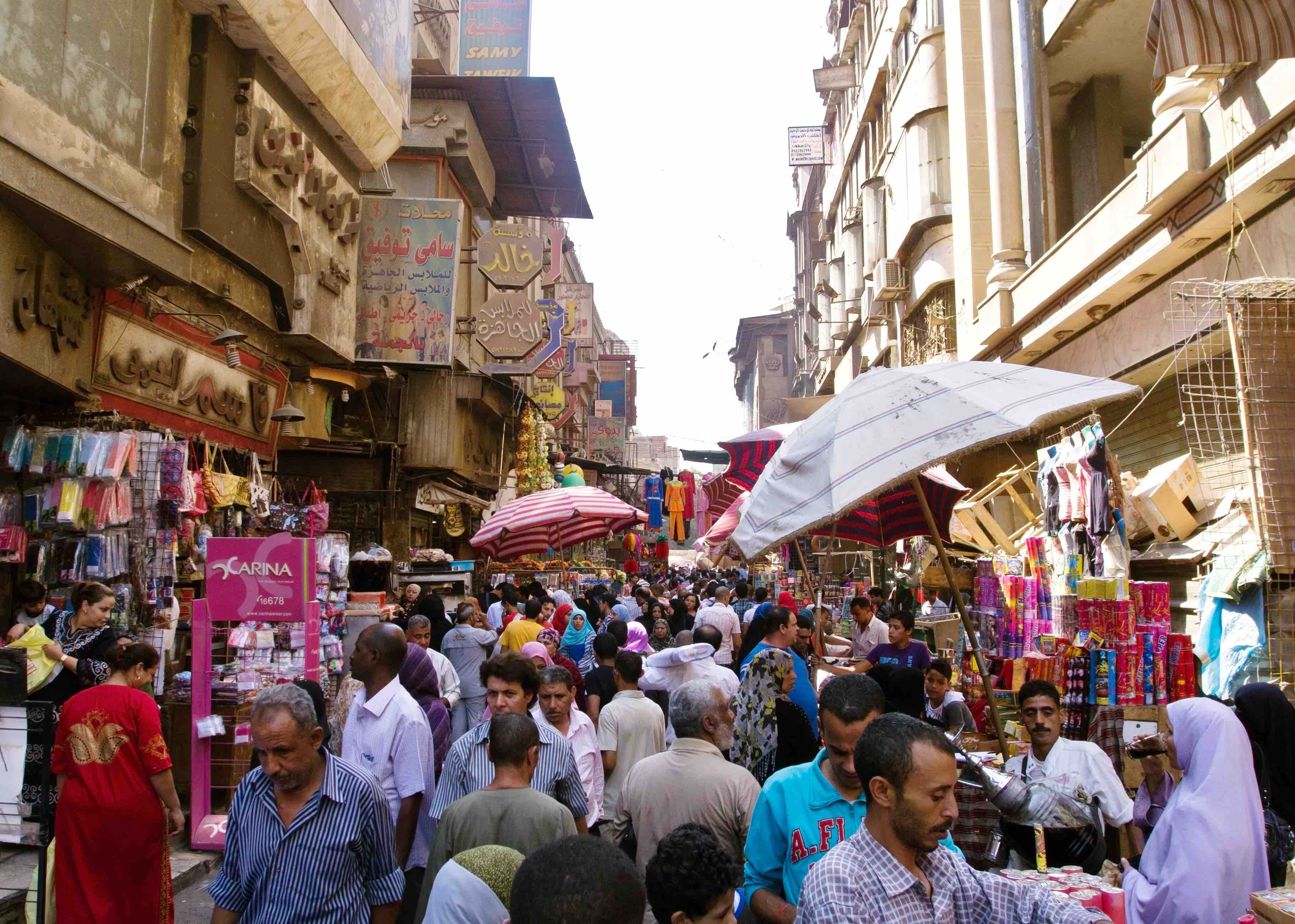Cairo Entrepreneurship: Markets & People (Part 3)

This article is part of the #urbaneconomies series originally published on progrss and commissioned by districtcoworking space.
Giving Back
While education and training play a key role in creating an entrepreneurial ecosystem, many perceive a role for successful entrepreneurs and multinationals in the conversation on entrepreneurship.
According to Hossam Osman, multinationals have a unique opportunity to support entrepreneurs and benefit from the growth of the ecosystem in Egypt. “We have very weak linkages when it comes to R&D. Universities are not business-oriented and industry is re-using what is already there rather than investing in new technology,” he says, noting that ITIDA currently has EGP 20 million (US $2.2 million) allocated to promote collaboration between industry and academia.
“Multinationals may run some hackathons and competitions, but that is not enough – they need to be a strategic investor and not a financial investor. And the most important thing that they can provide is business and strategic mentoring to startups,” he adds.
O’Donnell agrees that corporates can be of huge benefit to entrepreneurs because of their strong talent pool; he also notes that they also stand to benefit from getting to close to entrepreneurs. “Corporates should be intersecting with entrepreneurship from a business-driven need, whether it’s R&D or early acquisition of new technologies. There are many business reasons to get close to entrepreneurship, but corporates are slow and non-innovative. They send the CSR guys out, but they don’t have much to offer either.”

According to Dina Sherif, teaching women to be brave and to take risks is key to encouraging them to become entrepreneurs.
Besides multinationals, Dina Sherif emphasizes the role that successful entrepreneurs can play in developing the ecosystem. “If you look at the very sophisticated ecosystems in the world, these very entrepreneurs who have reached success go out of their way to take their wealth and reinvest it in the new entrepreneurs, so it’s like a loop that is constantly connected,” she says.
Sherif believes that the centralization of the conversation around entrepreneurship around urban centers like Cairo and Alexandria needs to be challenged and to expand to other cities around Egypt if it is to have any real impact. “Most of the discussion and the hype is here in Cairo, whereas we need it most outside of Cairo. Of course, we need it everywhere, but if we want to see economic growth, we want to see it in really poor governorates,” she says.
Others disagree; Wael Amin, founder of ITWORX and partner at VC firm Sawiri Ventures, notes that, while efforts may be made nationwide by the government, those in Cairo should focus their attentions on building a strong entrepreneurial ecosystem in their own city. “In my opinion, let’s make Cairo rock. Let’s make sure that this is blazing hot and electrifying, because out of the strength of this city, we are going to make the rest successful. And I’m not talking about trickledown effect, I’m talking about making Cairo the sun, and expanding from there,” he says.
O’Donnell agrees, noting that even an organization like RiseUp – which has grown to become the largest platform for educated, middle class entrepreneurs – has no aspirations to expand beyond Cairo. “Downtown [Cairo] is part of our DNA as RiseUp. We like to think that we are part of the re-birth of the market, the economy and the business environment of Downtown – we could never consider being in the suburbs. This is our city,” he says.
This article is brought to you by:

and






































































EgyptInnovate site is not responsible for the content of the comments